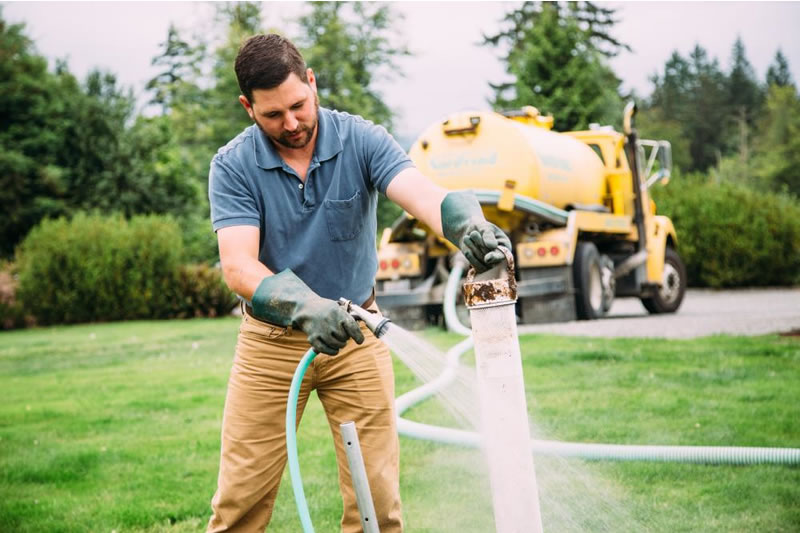WE NOT ONLY PUMP YOUR TANK - WE CLEAN IT! Free Septic System Inspection ($99 Value) Free enzyme treatment , Financing Available
Call Septic Blue Now 813-355-9188
It's Easier Schedule Online
WE NOT ONLY PUMP YOUR TANK - WE CLEAN IT! Free Septic System Inspection ($99 Value) Free enzyme treatment , Financing Available
Call Septic Blue Now 813-355-9188
It's Easier Schedule Online

Having a septic system requires careful handling of what goes down your drains. Regular maintenance and mindful disposal practices can keep your system functioning efficiently for years.
In this blog post, our professionals from Septic Blue will cover what you should and shouldn’t flush or wash down the drain to avoid various septic tank services.
One of the simplest ways to protect your septic system is to avoid flushing certain items. Paper towels, feminine hygiene products, and baby wipes are among the numerous household items that are not biodegradable and can rapidly clog pipelines and tanks. Although toilet paper decomposes, these other items do not and can cause significant harm over time. Not only can they lead to blockages, but they also increase the likelihood that you’ll need septic tank repair or even pumping to resolve the issues.
The balance of microorganisms in your septic system can be disrupted by the harsh chemicals present in many household cleaners. Utilizing chlorine or ammonia-based products can diminish the efficiency of these bacteria, which are crucial for the degradation of waste. If you want to protect your system, opt for septic-safe cleaners or natural cleaning alternatives like vinegar and baking soda. Avoid flushing medications as well, since they contain chemicals that are harmful to both the system and the environment. Specific products for safe cleaning can be recommended by a reputable septic company, which can significantly reduce the need for septic repair or cleaning.
It may be enticing to allow small food scraps to be flushed down the outlet, particularly when using a garbage disposal. However, food waste, grease, fats, and oils should never enter your septic system. These substances don’t break down easily and can build up in the tank, requiring frequent septic tank pumping. Over time, the accumulation of solids can result in blockages and could require the services of a professional septic tank repair expert. Instead, compost organic food scraps or throw them in the trash to keep your system running smoothly.
Large volumes of water from laundry or dishwashing can strain your septic system, especially if you’re doing several loads back-to-back. The excess water doesn’t give solids enough time to separate, leading to more frequent septic tank pumping and potential clogging. To reduce the effect, consider distributing tasks over the course of the week and utilizing water-efficient appliances whenever possible. High-efficiency washers are the most suitable option, as they minimize water consumption and prevent your septic tank from overworking.
The holidays are all about good food, family visits, and…
Read More+When it rains a lot, your yard might flood, the…
Read More+When you live in a home with a septic system,…
Read More+Not all toilet paper is created equal, especially when it comes to septic systems. This is crucial for maintaining the functionality of your system and preventing clogs, as certain brands decompose more efficiently than others. Search for products that are designated as "septic-safe," as these are intended to dissolve more rapidly in water. Regularly choosing the right products can reduce the need for frequent septic tank cleaning, as well as prevent blockages that may require professional help from a company.
Is septic tank installation a service you’re looking for? Luckily, we at Septic Blue have dedicated workers ready at your disposal. Contact our representatives for more questions.